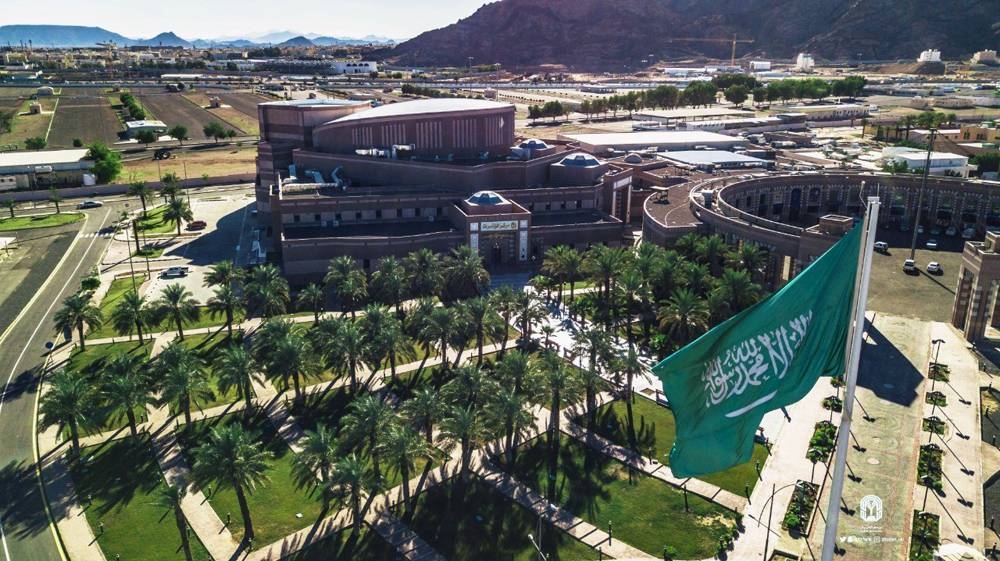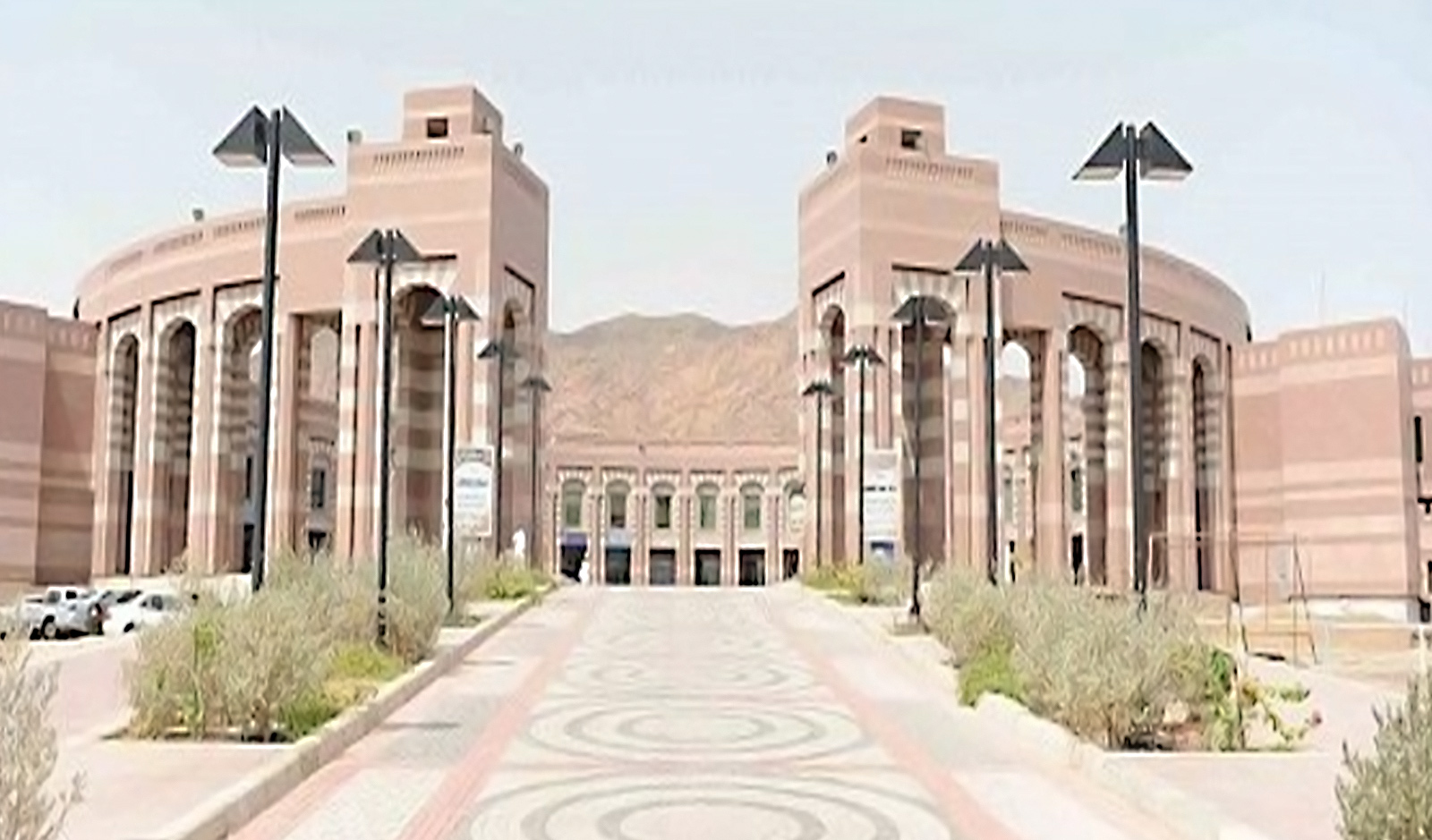Taibah University, situated in the holy city of Medina, is a prominent public university in Saudi Arabia. Established in 2003, the university has experienced rapid growth over the past 19 years, expanding more than tenfold in student population and academic offerings. Named after one of Medina’s titles, “Taibah,” meaning “Good” or “Beautiful,” the university reflects the city’s revered status and aims to provide quality education across various disciplines.
Foundation and Growth
Taibah University was created through the merger of two branches: Imam Muhammad bin Saud Islamic University and King Abdulaziz University. This union brought together diverse academic strengths and resources, establishing a robust institution that has since become a leader in higher education within the Kingdom of Saudi Arabia. According to the latest classification by the Ministry of Education, Taibah University ranks third among Saudi universities.
Academic Expansion
When it was founded in 2003, Taibah University had a modest student body of 7,761 male and female students. By 2018-2019, this number had soared to 69,210, showcasing the university’s rapid expansion and growing appeal. The institution now boasts 28 different faculties, offering a wide range of disciplines including medicine, engineering, law, and humanities. Additionally, the university provides 94 graduate programs, catering to the advanced educational needs of its students.
Faculty and Staff
Taibah University prides itself on its qualified and diverse teaching staff. The university employs approximately 1,409 professors, alongside 1,606 teaching assistants, lecturers, and foreign language teachers. This extensive faculty ensures that students receive comprehensive and high-quality education across all fields of study.
Language Requirement
Prospective students should note that proficiency in Arabic is essential for admission to Taibah University. As most of the courses and programs are conducted in Arabic, students must have a good command of the language to successfully engage with the curriculum and academic community.
Scholarships and Allowances.
Following the Regulations on the Control of the Admission of Non-Saudi Citizens to the Higher Educational Institutions of the Kingdom of Saudi Arabia and Their Sponsorship by Cabinet Decree No. (94) of 29 March 1431 AH, a scholarship holder from outside Saudi Arabia enjoys the following benefits:
1. The student is paid a monthly stipend (840 riyal = $230).
2. Every year 1000 riyals ($267) to buy books
3. The newly arrived student will be given a two-month stipend as a training allowance upon arrival (1760 riyal=470$).
4. Provision of housing (dormitory for unmarried).
5. Provision of preferential meals.
6. Medical assistance throughout the entire period of study.
7. A graduate is paid a three-month scholarship as a graduation allowance for the shipment of books (2520 riyal = $672).
8. Round trip ticket for a student only at the end of each academic year according to the rules.
9. Incentive for excellent students (if you finish two semesters in a row with "excellent", a bonus of 1000 riyal = 267$ is given).
10. Opportunity to bring the family. (the Islamic University requires a deposit of 35,000 riyals (!) $ 9333 for this, there is no such requirement at the Malik Saud University, although the provision of the family will fully fall on you)
Additional Bonus: There are plenty of places in Riyadh that give away Islamic books for free! It often happens that students from Medina throw themselves on the road to Riyadh, come, pick up books and go back (i.e., they come only to get the books). And they bring 20-30 kg of books for each.
Academic Offerings
Taibah University boasts numerous faculties, primarily focusing on professional courses and social sciences. Among these, there is a dedicated department for Islamic studies, providing comprehensive education in this field.
Admission Notes
- Language Requirement: Applicants must already be fluent in Arabic to study at Taibah University. Non-Arabic speakers are not eligible for admission.
- Faculty Availability: Not all faculties may be available to non-Saudi students. For instance, while the faculties of engineering and computer science are accessible, the faculty of medicine is not open to international students.
Conclusion
Taibah University provides diverse academic opportunities, but prospective students need to be proficient in Arabic. Those who meet this requirement can benefit from the university’s extensive range of programs and its significant presence in the academic landscape of Saudi Arabia.







